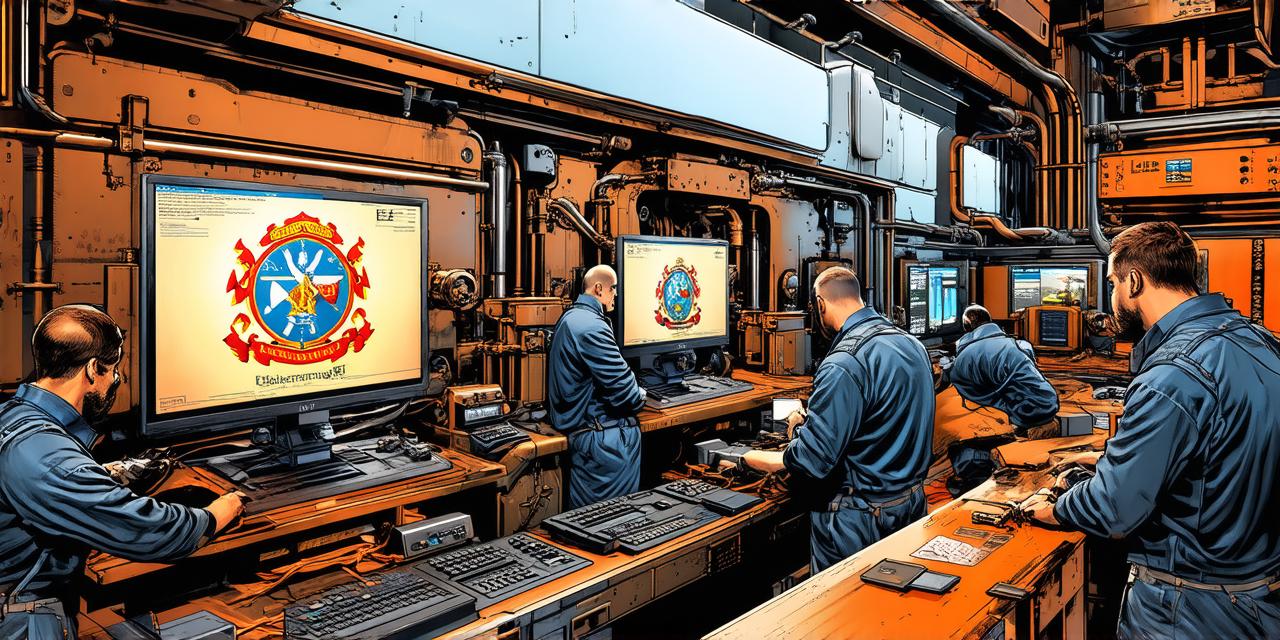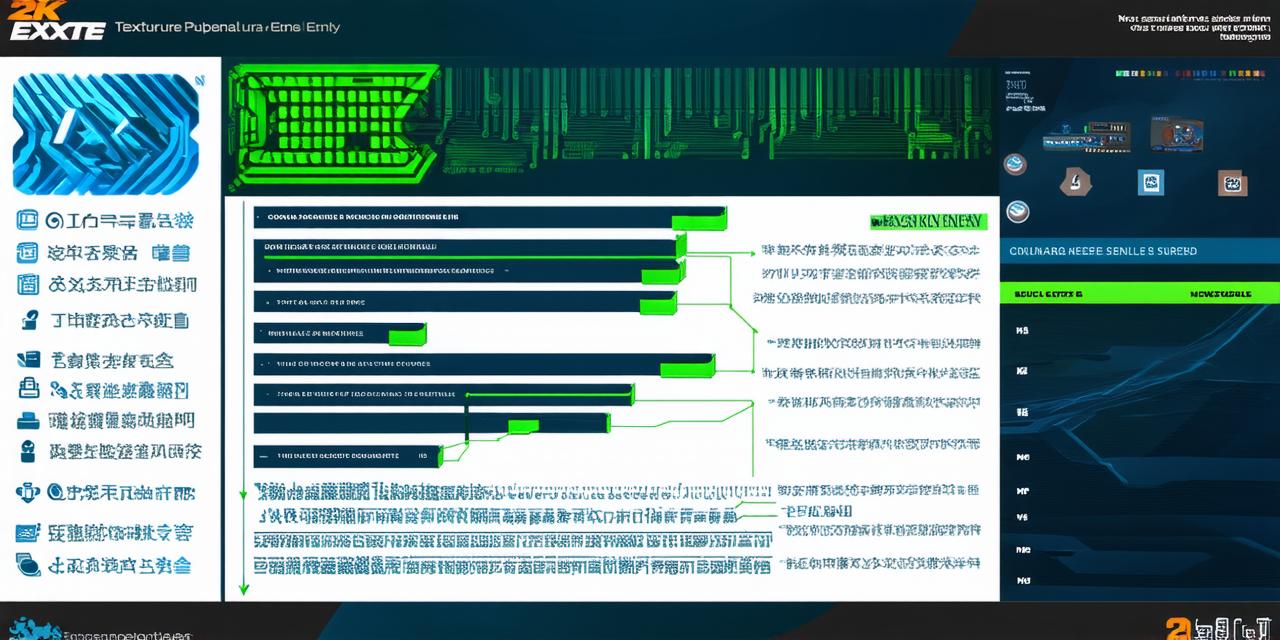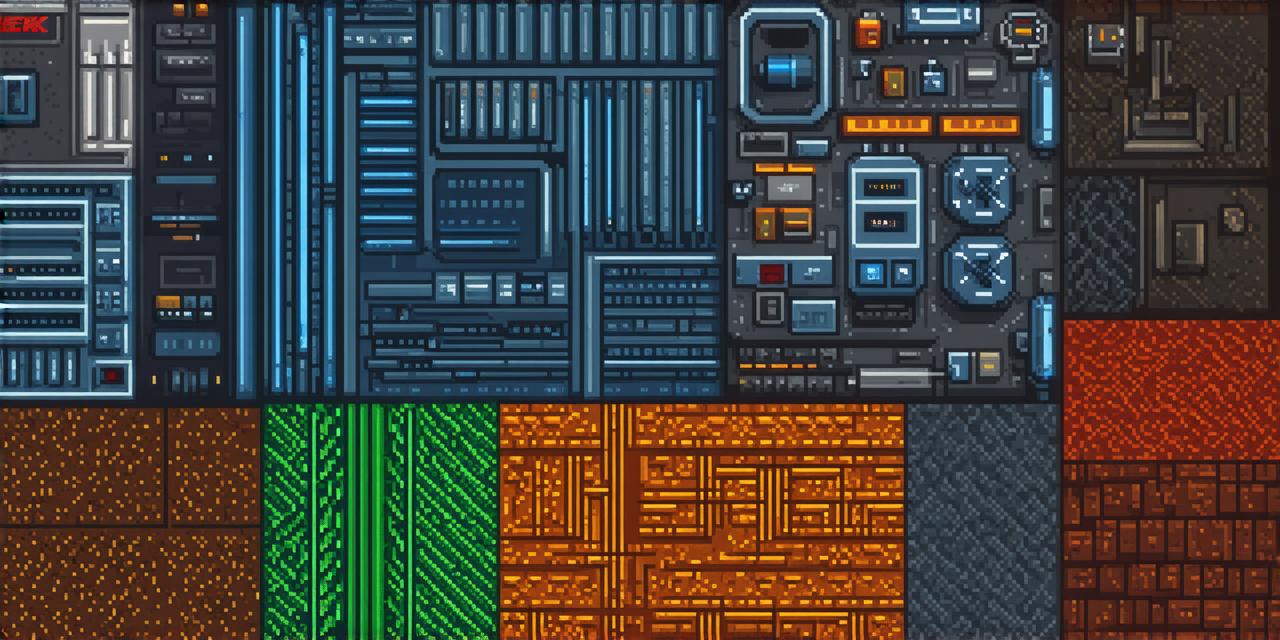
In recent years, there have been debates about whether game developers should unionize.
While some people argue that unions can provide better working conditions and benefits for game developers, others contend that they are not necessary for the gaming industry. In this article, we will delve deeper into why game developers don’t unionize.
The Highly Competitive Nature of the Industry
The gaming industry is highly competitive, with companies constantly seeking ways to stay ahead of their rivals. If game developers were to unionize, they could potentially disrupt this competitive landscape by demanding better wages, benefits, and working conditions from their employers. However, this could also lead to companies looking for cheaper alternatives, such as outsourcing work to other countries or using automated tools to reduce labor costs. This would ultimately harm the gaming industry’s growth and profitability.
The Creative Field of Game Development
Game development is a highly creative field that requires innovation and originality. If game developers were to unionize, they could potentially restrict their employers’ ability to make creative decisions about the games they develop. This could lead to fewer opportunities for game developers to explore new ideas and push the boundaries of what is possible in gaming. Furthermore, unions may not be able to accommodate the unique needs of this industry, such as the need for flexibility and innovation.
The Freelance Nature of Game Development Workers
Game developers often work as freelancers or independent contractors, which means they do not have the same protections as traditional employees. If game developers were to unionize, they would need to negotiate collective bargaining agreements with their employers. However, since they are not traditional employees, it could be challenging for them to organize and bargain collectively. Additionally, freelancers and independent contractors often work remotely, making it even more difficult to create a sense of community among game developers.
The Rapid Growth of the Gaming Industry
The gaming industry is growing rapidly, with many opportunities for game developers to advance their careers and make money. If game developers were to unionize, they could potentially limit their ability to take advantage of these opportunities. By working together, they could demand better wages and benefits from their employers, but this could also lead to fewer job opportunities for new game developers. This would ultimately hinder the growth and progression of the gaming industry.
The Globalization of the Gaming Industry
The gaming industry is globalized, with many companies operating in multiple countries around the world. If game developers were to unionize, it could be challenging to negotiate collective bargaining agreements that apply to all these companies. Furthermore, different countries have different labor laws and regulations, which could make it even more difficult for game developers to organize and bargain collectively across borders. This would limit their ability to advocate for better working conditions and benefits on a global scale.
The Highly Technical Nature of Game Development
The gaming industry is a highly technical field that requires specialized skills and knowledge. If game developers were to unionize, they could potentially limit their ability to work on projects that require these specialized skills. By working together, they could demand better wages and benefits from their employers, but this could also lead to fewer opportunities for game developers to develop their skills and advance in their careers. This would ultimately hinder the growth and progression of the gaming industry.
The Creative Field with Limited Resources
The gaming industry is a creative field with limited resources. Game development requires a lot of creativity and innovation, which can be expensive to implement. If game developers were to unionize, they could potentially demand better wages and benefits from their employers, but this could also lead to higher costs for game development projects. This would limit the resources available for creating new games and exploring new ideas in gaming.
FAQs:
Can game developers negotiate individual contracts with their employers?
Yes, game developers can negotiate individual contracts with their employers. However, this may not provide the same protections as collective bargaining agreements negotiated through a union.
How can game developers protect their rights as workers if they don’t unionize?
Game developers can protect their rights as workers by negotiating individual contracts with their employers and seeking legal advice if they feel their rights are being violated. They can also join professional organizations that advocate for their rights.
What are the benefits of unionizing for game developers?
Unionizing can provide game developers with better wages, benefits, and working conditions from their employers. It can also provide a sense of community and support among game developers. However, it could also lead to higher costs for game development projects and limited opportunities for advancement in the industry.
Conclusion
In conclusion, there are several reasons why game developers don’t unionize, including the highly competitive nature of the industry, the creative field of game development, the freelance nature of game development workers, the rapid growth of the gaming industry, the globalization of the gaming industry, the highly technical nature of game development, and the limited resources available for game development. While unionizing can provide game developers with better working conditions and benefits, it could also lead to higher costs for game development projects and limited opportunities for advancement in the industry. Ultimately, the decision to unionize or not should be made carefully after considering all the pros and cons of each option.




